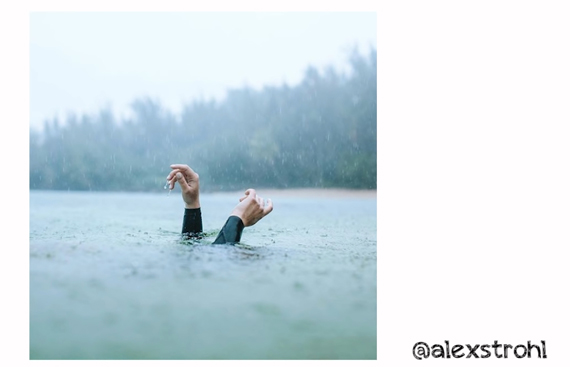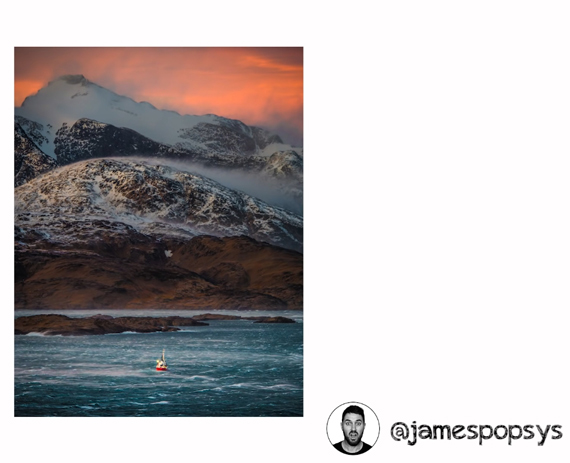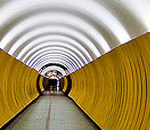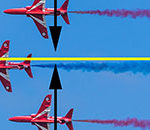Photography isn’t just about the technical know-how. How you think and act can have a serious impact on your progress as a photographer. While gear and skill are important parts of the equation, they’re not quite enough. In this video, photographer James Popsys discusses five psychological traps that you might fall into in photography:
Worrying What Your Photos Look Like
It’s important that your photos be aesthetically pleasing, no doubt. There are things like composition and color theory to help you make good looking images. But in no way can they help you to make bad photos look good. Instead of thinking too much about making your images look better, try to get the content right.
“A book wins an award because it’s got an amazing story but not for its nice font or a colorful front cover.”
Don’t question yourself about what lens, focal length, or settings you should be using. Ask yourself what’s happening in the photo. This can be a good starting point to create images that grab viewers’ attention. The technicalities follow later.
Shooting for “Likes”
You might get a lot of appreciation and feedback in terms of “likes” and “comments” on images that you didn’t particularly enjoy making. This can lead you to take images just to please others, which is definitely not a recipe for long-term success and enjoyment.
“Shoot what you enjoy shooting. Shoot for yourself and not because of the feedback of others.”
Not Choosing the Right Focal Length
One basic way to make your images appear interesting is to fill the entire frame with the subject. But there are some cases where you need to let your subject breathe. See if you need to include more context in the image.
“My ethos with choosing a focal length is to use the longest focal length I can while still maintaining story.”
Not Learning to Edit Properly
A complete photography process is comprised of three stages: pre-production, production, and post-production. However, photographers tend to spend a whole lot of resources on production and pay less attention to post-production.
“Editing is an incredible way to improve your photos and storytelling. And if you don’t learn how to edit properly, you’re missing a massive opportunity to stamp your authority on your vision for your photos and stories.”
A camera is severely limited compared to your vision. However, by learning to edit your images, you can attempt to take the images closer to what you had in mind when taking the image.
Not Taking Enough Photos
In photography, you can’t expect a handful of results unless you take a whole lot of photos. You may need to take hundreds of images just to get two or three images that make you happy. Even the most renowned photographers take tons of images before they get the one that they’re famous for.
“Ultimately, you need to take a lot more images to get a lot more keepers.”
Have you fallen into any of these photography traps? Now know how to get out!
Like This Article?
Don't Miss The Next One!
Join over 100,000 photographers of all experience levels who receive our free photography tips and articles to stay current:










Leave a Reply